RESILIENCE oceanographic cruise – 19 April to 24 May 2022

The RESILIENCE oceanographic campaign will take place in the Indian Ocean from 19 April to 24 May 2022. About 50 international scientists, led by Jean-François Ternon, IRD researcher at UMR MARBEC, have embarked on board the ship Marion Dufresne, from Reunion Island, to study the interactions between physics and biology at “small scale” (~10km). The scientists will travel to eddy-front areas in the Mozambique Channel and the east coast of South Africa.
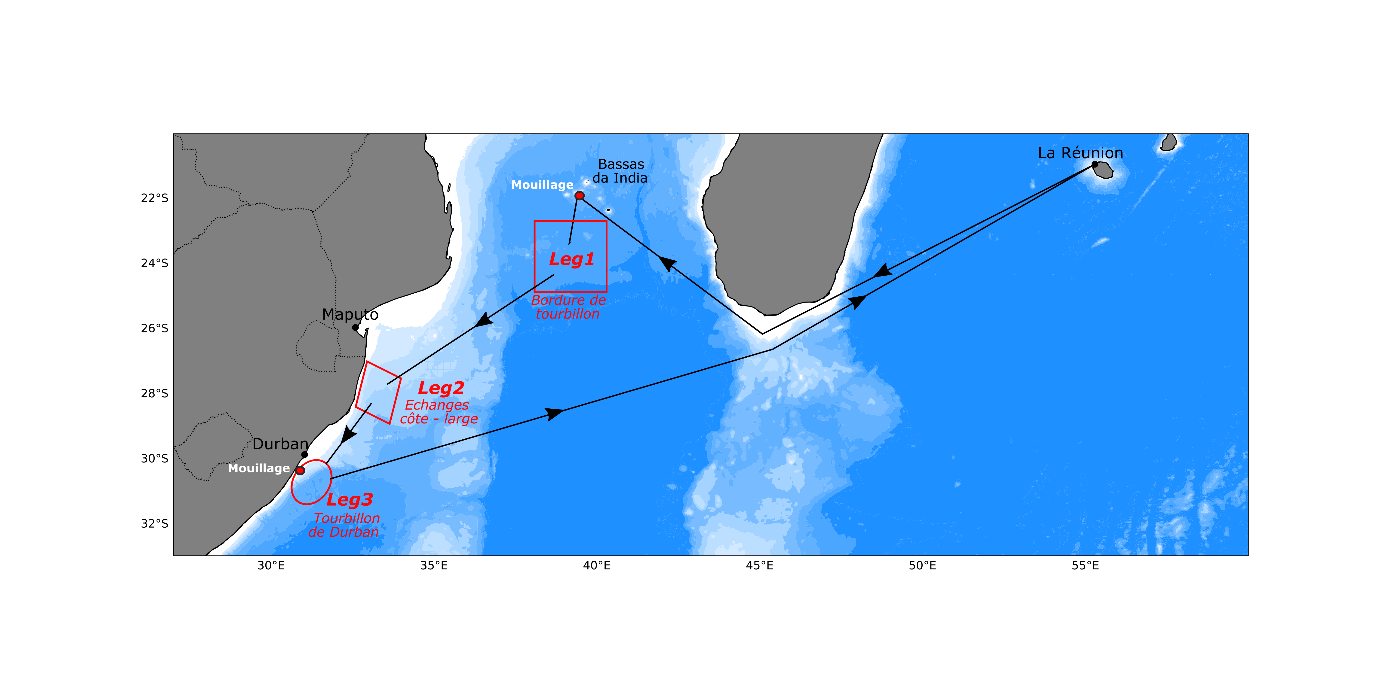
RESILIENCE cruise route with the three sampling sites: southern Mozambique Channel, north of the east coast of South Africa and south of Durban
Scientists from France (MARBEC, ENTROPIE, LEMAR, LOCEAN, LOG, LOPS, MIO), South Africa (3 Universities – Qqeberha, Cape Town, Stellenbosch), Mozambique, the UK and the USA are participating, including members of our acoustic platform.
The campaign hosts a Floating University with 20 students and 2 supervisors, from the Universities of Bretagne Occidentale (UBO), Littoral Côte d’Opale (ULCO) and Côte d’Azur (UCA).
Understanding the role of eddies in biological productivity and ecosystem structuring
The main objective of the RESILIENCE campaign is to study physical-biological interactions at small scales (~1-10 km), particularly on front zones at the edge of mesoscale eddies (~100km) that are numerous in the Mozambique Channel. The aim of the mission is to understand the role of physical processes (vertical exchanges in particular) on a small scale – well described by modelling but difficult to observe at sea – on the biological productivity and structuring of pelagic ecosystems. Coupled measurements of the various parameters will help to answer these questions. Frontal areas are often the place where fish, birds and marine mammals aggregate. In the context of climate change, it is predicted that the intensity of these fronts will vary in the future with possible consequences for these ecosystems. “The results of the campaign will therefore contribute to a study of the consequences of these changes on the exploited ecosystems of the area (food security issue for the riparian countries),” explains Jean-François Ternon. The geographical area sampled will be the centre of the Mozambique Channel and the east coast of South Africa. There are marked eddy structures in these areas, in contrasting hydrodynamic contexts (numerous fronts in the centre of the Mozambique Channel, eddy-coast interactions to the north of the east coast of South Africa, a semi-permanent eddy south of Durban, located between the coast and the Agulhas Current). As the eddies studied are by nature mobile structures, the sampling plan will be continuously adapted by real-time analysis of satellite data (altimetry, water colour) carried out on board.
Find here the press release on the campaign.
You can follow the RESILIENCE campaign, in English or French, https://www.isblue.fr/universite-flottante-campagne-resilience-2022/, with the hashtag resilience_science and by subscribing to the Twitter and Instagram pages below ↓
Twitter: https://twitter.com/UF_Resilience @UF_Resilience
Instagram:https://www.instagram.com/uf_resilience @uf_resilience

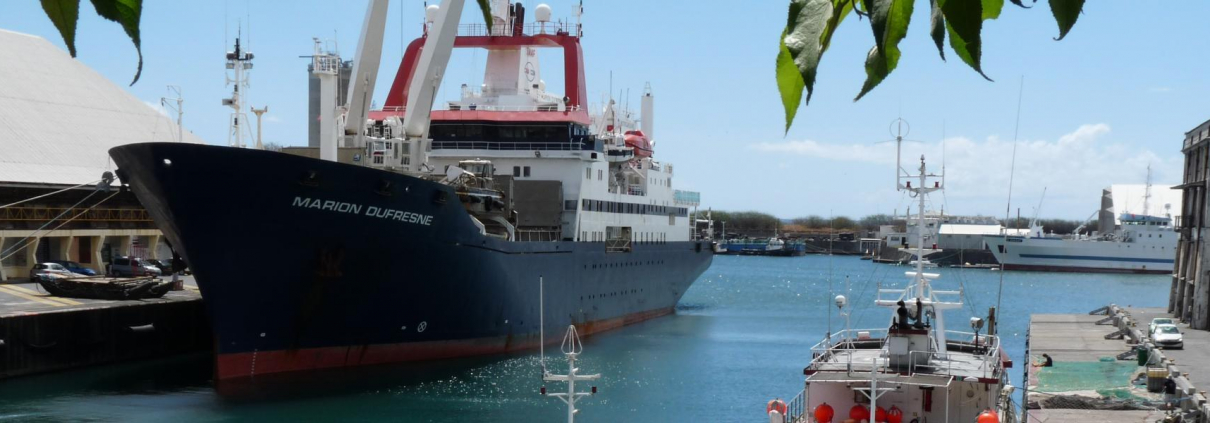
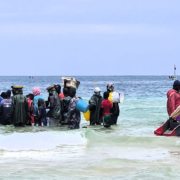
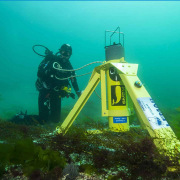
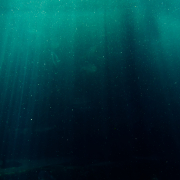 Source: https://www.pexels.com/
Source: https://www.pexels.com/ 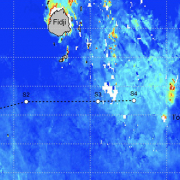
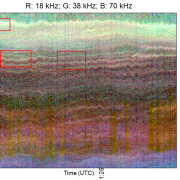
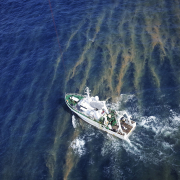
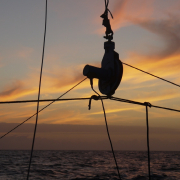






 Thomas Crabot - Région Bretagne
Thomas Crabot - Région Bretagne